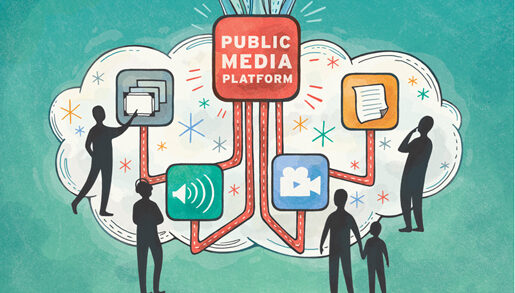The U.S. House of Representatives has narrowly approved a bill to rescind two years of previously authorized federal funding for public media. The legislation passed with a 214–212 vote and is part of a broader $9.4 billion spending rollback requested by the Office of Management and Budget.
The cuts include $8.3 billion intended for international aid programs, including public health initiatives, disaster relief, and food security efforts. The remaining $1.1 billion would be withdrawn from the Corporation for Public Broadcasting (CPB), which allocates nearly all federal media funds to local public radio and television stations.
Federal law typically requires these funds to be approved in advance to insulate public broadcasters from short-term political pressures. However, the proposed rescission package has intensified political tensions on Capitol Hill.
Supporters of the bill, primarily from the Republican Party, cited concerns about ideological bias and the scope of government spending. Opponents, including Democratic lawmakers, emphasized the value of public broadcasting in providing essential information during emergencies and supporting underserved communities, particularly in rural areas.
Established in 1967, the CPB has received bipartisan backing for decades. In March, $535 million was approved for fiscal year 2025, with the same amount allocated for the following two years. However, the administration later issued a formal request to cancel the funding.
While some Republican representatives expressed support for their local stations, others voiced skepticism toward national public media entities. A few lawmakers have signaled willingness to work across the aisle to prevent cuts that could affect staffing or programming.
The rescission bill now moves to the Senate, where it must be approved by a simple majority within 45 days of the president’s request. If not passed by mid-July, the administration would be legally obligated to release the withheld funds.







